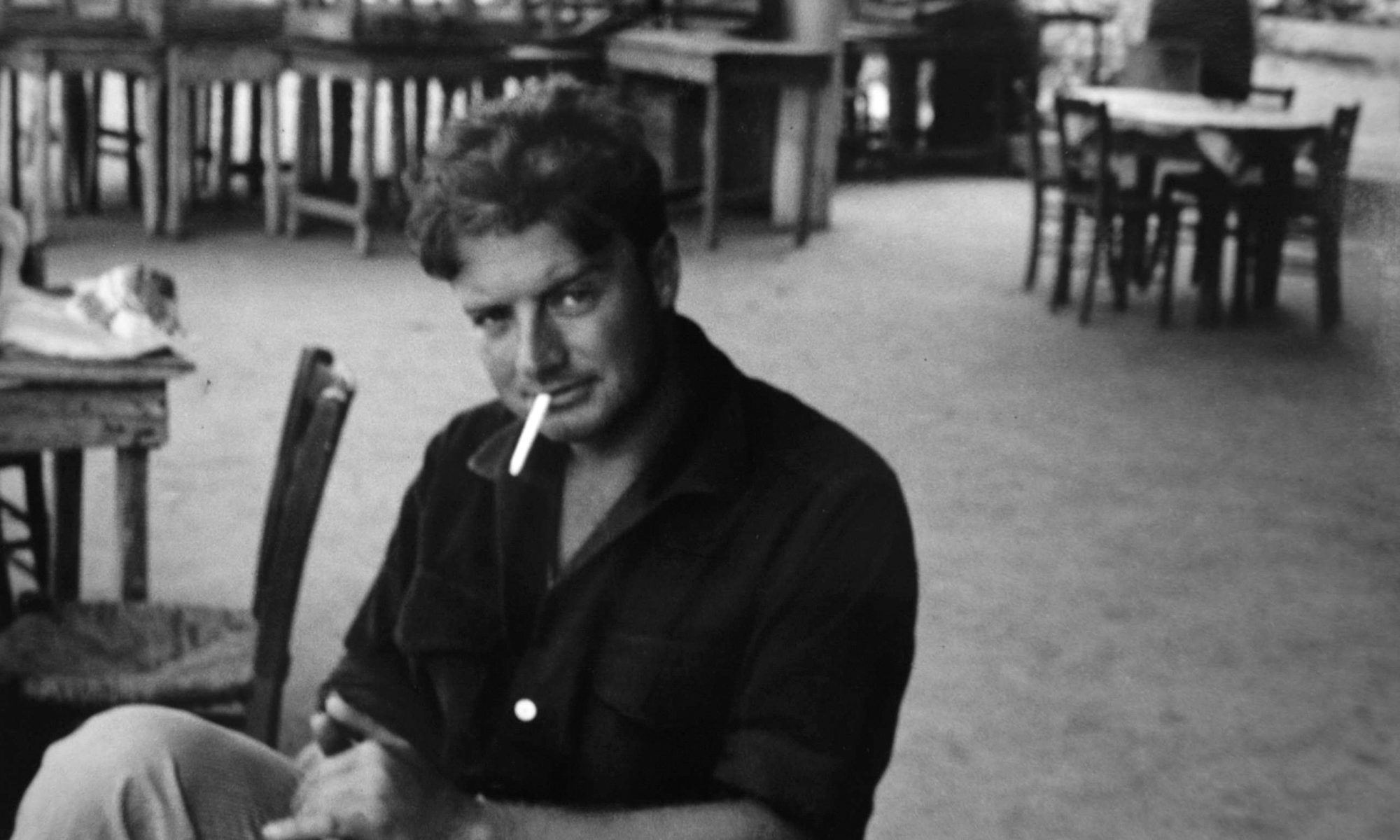Texte de John Taylor pour le Times Literary Supplement du 28 octobre 2011.
Jacques Lacarrière (1925-2005) was a French homme de lettres who knew how to make his own enthusiasms contagious. His translations of ancient Greek literature (Herodotus, Pausanias) still stimulate bookish French tourists exploring Greece. This is likewise true of his travel-writing classic, L’Éte grec (1976), inspired by extensive stays in a country whose contemporary poets and novelists he also translated. Another popular book, Chemin faisant (1974), recounts a five-month, one-thousand-kilometre hike from the Lorraine to the Corbières. He wrote engaging books on topics that seem not so engaging, such as mythology, Gnosticism, and religious solitude (as practiced by the hermits of Mount Athos). His best-known novel, Marie d’Égypte (1983), tells the story of the Egyptian prostitute and Christian convert (344?–421?) who fled to the desert; a later novel, La Poussière du monde (1997), chronicles the adventures of the Turkish Sufi poet Yunus Emre (1240?–1321?). Although Lacarrière held no religious beliefs, he was fascinated by saints, anchorites, archaic gods and, as he puts it in the poem “Yggdrasil”, “the troubled shadows of roots ever thirsting for what is obscure”.
His poetry is less known. Except for three small volumes, L’Aurige (1977), Lapidaire / Lichens (1985), and À la tombée du bleu (1986), his verse was dispersed in reviews or issued in limited editions illustrated by artist-friends. This is why his collected poems, published under the title À l’orée du pays fertile (At the Edge of the Fertile Land), opens an unexpected door to a poet worth discovering.
Arriving in post-war Paris from provincial Orléans (where he had played “beneath the eyelids of the sky” like “young Icarus”), Lacarrière was initially influenced by André Breton, but even more so by Aimé Césaire. The diction and vigorous rhythms of Notebook of a Return to My Native Land revealed “the powers and unsuspected magic” of French to the young man, as he explains in one of the short prefaces that he drafted, before his death, for each section of this volume. The Martinican poet uses rare words from the natural sciences and builds complex imagery blending scenes from the present with African history or mythology. An excellent observer of nature, Lacarrière likewise favours botanical and geological precision; he especially ponders the “unappeased oracles” of ancient Greece and, more broadly, Mediterranean civilisations. Already in his early poetry and also like Césaire, he evokes synaesthetic experiences. In the poetic prose piece “Fragment,” for instance, an unnamed “you”—probably a lover, but perhaps his unattainable true self—whispers the words “listen to the smell of the reeds” and the poet henceforth feels “his entire life rustling”. Lacarrière’s poetry and prose poetry are often fuelled by an incantatory lyricism that makes them readymade for reciting.
It is indeed lyricism that is absent in several French poets of Lacarrière’s generation. Lacarrière puts his faith in words whereas Yves Bonnefoy, Jacques Dupin, Philippe Jaccottet and others have expressed their scepticism about the ability of language to name things, feelings and perceptions “without cheating” (as Jaccottet phrases it), without deceptive “poetic beauty” (as Bonnefoy emphasizes). Lacarrière follows the opposite path by defining the poet’s “only weapon” as “the incandescent word” and by seeing poetic language as outliving “all the materials used by mankind, Cyclopean walls, wooden houses, stone buildings, marble edifices.” For him, every word can potentially be a contemporary of the “First Man” and a poet should be an “Adam of Words.” Occasionally this vantage point gets the better of Lacarrière, when words flow too smoothly and sound takes precedence over sense.
In a more subdued kind of poetry also comprised in his volume, his epigrams about gems and his eight poems and prose poems about lichens similarly differ from much French writing focused on objects. Like Francis Ponge, the pioneer of the genre, a French poet usually searches for the “thing in itself” and rejects subjectivity. Lacarrière is more relaxed. He says “you” to natural objects and sometimes underscores his relationships with them. Chalk, for example, enables him to write down his own “pelagic memory” and gneiss induces his “love” for this “name made of ash and grey granite.” He has no paralyzing scruples about anthropopathism and sometimes sees natural things as animated by non-material forces. A tree has an “unconscious” and a “memory”; an agate represents the “remorse of fire”; “desire gets nicked” on the sharp edges of pyrite cubes that have been “initiated” to the various kinds of patience possessed—or played, for there is a pun here—by Time. Above all, as Lacarrière states in an untitled text included in the “Immemorial Orpheus” section, he believed that poetic images could “enchant”. Rare in contemporary poetry, this goal is accomplished quite often in his optimistic oeuvre.
John Taylor
Times Literary Supplement, October 28, 2011, p. 23.
